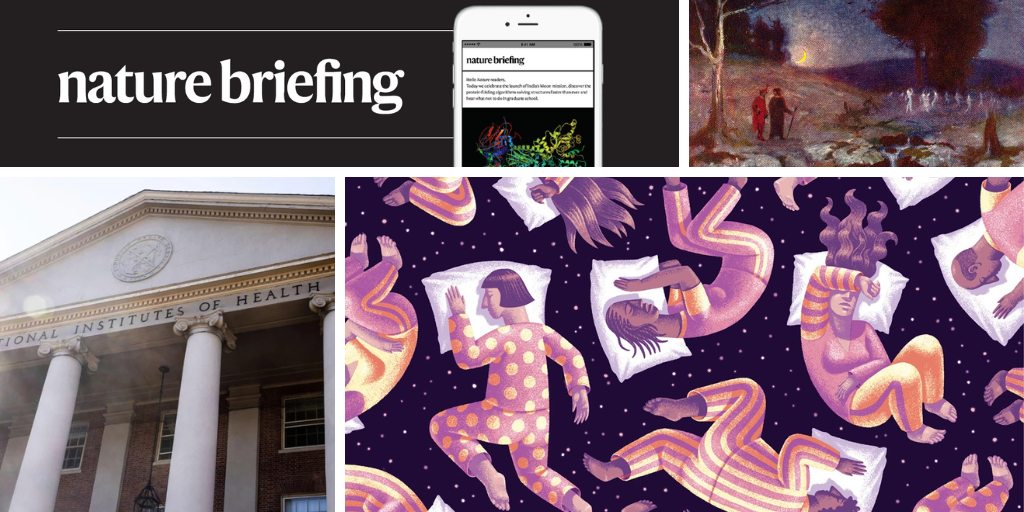
"Spontaneous flashes of 'microlightning' between bubbles of gas could explain will-o'-the-wisps - flickering lights that can appear on marshlands. Researchers blew tiny bubbles of methane and air into water, where smaller bubbles took on a negative charge and larger ones, a positive charge. As the charges equalized, they produced a small zap of electricity and a flash of light. This could explain why the ghostly-looking lights appear over methane-rich bogs."
"There is more evidence that milk from cows infected with H5N1 avian influenza is safe to drink if it is pasteurized (not 'raw'). In the United States, where bird flu is sweeping through dairy farms, regulations require that milk from infected cows be discarded, but it's not yet clear whether virus could enter milk before the infection is detected in the cows."
"Missing your first breast-cancer screening could be a warning signal for health-care providers, finds a study of hundreds of thousands of people in Sweden. Over the 25 years following their first screening invite, those who didn't go were roughly equally likely to get breast cancer, but had a 40% higher risk of dying from the disease than those who did go."
Spontaneous microlightning arises when tiny methane and air bubbles in water acquire opposite charges; as charges equalize they emit small electric zaps and flashes, offering a model for will-o'-the-wisps over methane-rich bogs. Pasteurization fully inactivates H5N1 influenza in milk from infected cows, and residual viral genetic material after pasteurization did not harm mice or provoke immune responses in tests, though some regulations still require discarding milk from infected animals. Missing the first breast-cancer screening correlates with a 40% higher risk of dying from breast cancer over 25 years compared with attending the first screening.
Read at Nature
Unable to calculate read time
Collection
[
|
...
]